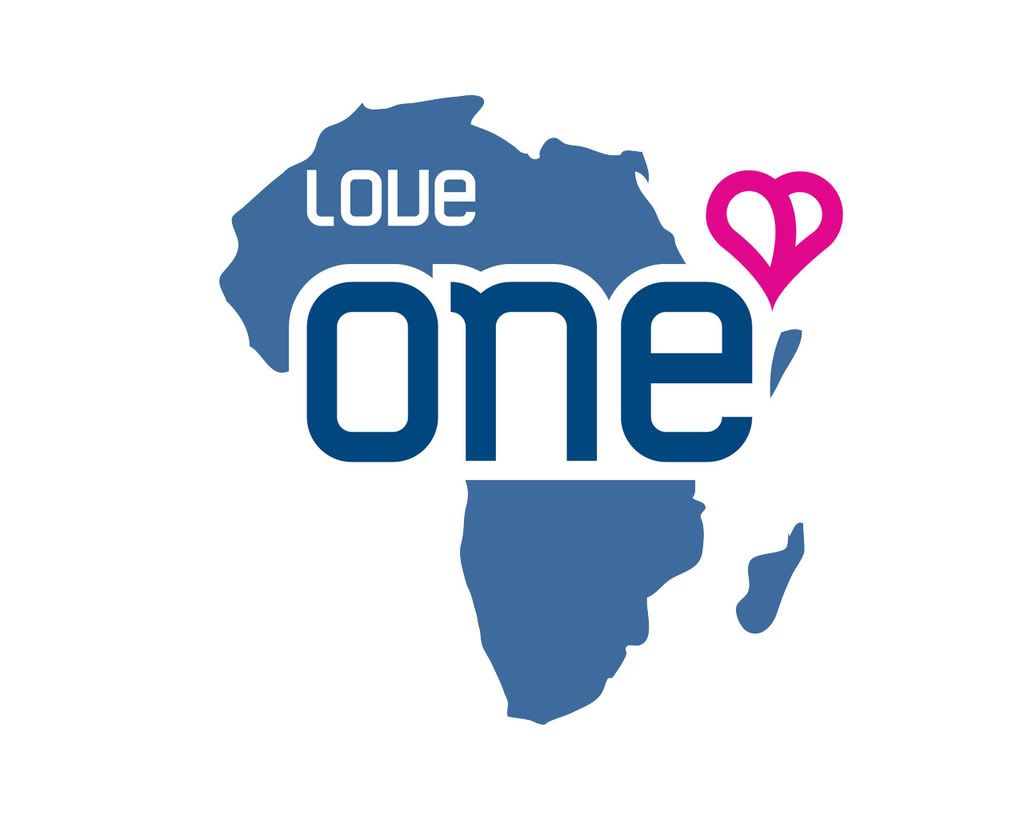
Tehran, Saturday june 20 2009 - 4.30 local time, Enghelab Street:
I meet with my students on Saturdays for a private class. We cook and eat together, then talk of philosophy. This time there is no class. We only try to keep up our morale. We are very determined but scared. That is how I can describe most of the people who came out to attend the demonstration today. After the Supreme Leader’s fierce speech at the Friday prayers, we knew that today we would be different. We feel so vulnerable, more than ever, but at the same time are aware of our power. No matter how strong it is collectively, it will do little to protect us today. We could only take our bones and flesh to the streets and expose them to batons and bullets. Two different feelings fight inside me without mixing with one another. To live or to just be alive, that’s the question.
There is another student who would have her lunch with us, but is not coming to the demonstration. She’s too scared and while pretending to be in control bursts into tears. She says she hates to see people suffer. We tell here we have suffered for years. She says she doesn’t want people to die. I tell her tens of thousands die each year on the roads in Iran, at least this time it would be for a good cause. She says we are elites and can save ourselves for better times when we can be more useful. We reply there is no difference between people when we are all in such a condition.
We finish the lunch and sit to read poems of Mirzadeh Eshgi. That’s what I suggest. He was a revolutionary anarchist at the time of Constitutional Revolution 1906-11, killed for speaking out. It fits our situation. Poems play an important role here. Nothing influences Iranians like poetry. And these days, everything is about influence and fear.
The poems we read are bitter, ironical and they make us laugh. When sorrow is more than you can tolerate, you burst into laughter. Then we get going. It’s a quarter to four. But the following hour proves funnier than we expected.
In the bus everybody is going to the same place. All the streets to Enghlab Square are blocked. Guards tell you where to go and where not to go. They show us a small street that leads to Enghlab. I panic: Why have they left it open? Do they want us to go in and surround us? Two demonstrations were taking place, one in Enghelab and the other in Azadi, respectively meaning, ‘revolution’ and ‘freedom’. I tell my students, ‘We’re recycling the names.’
Enghlab is busy, very busy, but there is no demonstration. People show the V sign with their fingers but walk in silence. In front of Tehran University, I see the students inside, clutching the rails of the gates, as if behind bars. They shout. But I can’t hear them. In front of the students on the sidewalk, on the other side of the bars, there are two rows of anti-riot police and a row of Basij militia holding posters insulting the demonstrators of the previous days. One says, ‘The trouble-makers pertain to MI6’. An hour later, when the street is no longer so crowded, I go to the guy holding the poster and ask him, ‘What is MI6?’ ‘Britain’s intelligent service’, he replies. ‘Is it different from Scotland Yard?’ I ask. ‘No, they’re the same thing.’ ‘Oh, I see.’
We walk up and down. We’re a group of four. We find friends, but don’t join them. We don’t want to change the mood by changing our companionship. We’re enjoying ourselves.
Then comes the attraction of the day. Two water-spraying machines. They’re huge, the size of a bus but taller, with fenced windows and two water-guns on top of each. We burst into laughter. They don’t know how to use them. They shoot second floor windows, anti-riot police and the people, including girls in tight manteaus. It’s more Zurich than Tehran. One machine is stuck. They don’t know how to drive it. It’s a hot day, the sun is intolerably shiny and it feels good to become wet. Much of the time, the sprays are not powerful. It’s as if they’re watering grass. And it just does not fit the horror that’s in the air, the aggression with which the people are hit with batons. A beautiful day. It has been beautiful throughout the past week. You wonder whether nature is ironical.
They push the crowd back and forth, from here to there but soon realize people are on all sides. We hear bullets, but people don’t rush away. They’re fake. Nobody’s shot.
Then in a couple of minutes, the street is not crowded as before, the anti-riot police leave, and the students are gone. We don’t understand why. Deprived of communication, you never get the big picture. Maybe they have attacked the university from the back.
We hear in Azadi Square there’s a huge crowd. So we get going. As we pass the fences, a student, his face covered, smiles bitterly, ‘They’ll storm the dormitory tonight.’
We have to walk. We feel awful. There’s a demonstration somewhere and we can’t get there. We wish we were in a crowd. That’s the only way we feel better. We have joked for hours now, but we need to shout. Something is pressing from within.
Then at Towhid Square the scene changes drastically. The streets to Azadi are blocked. But this time, people don’t change their path. They fight for it. There’s a shower of stones. Tear gas. Fire. People jam the sidewalks. The battle scene is huge. We cannot see the limits but it extends to nearby street. My student is keener to go forward than I am. Her mother could persuade her to stay home for two days, but now allows her to go out on the most dangerous day. The people shout, ‘Down with the dictator’. The anti-riot police are also throwing stones. People don’t run back anymore. I grab a broken brick and throw. I’m amazed. I never thought I’d do it. I should practice. It was a very bad shot. I grab another one, the size of a pomegranate and keep it with me, hiding it behind my back. My feeling is a mixture of a university teacher and a hooligan.
If we want to go forward we need to pass through tear gas. So we ask a car to give us a lift. Then there is an attack. They cannot tell enemy from other people although they want to show everything is fine and they’re only after trouble-makers. There is a woman who is being beaten. She’s horrified and hysterical but not as much as the anti-riot police officer facing her. She shrieks, ‘Where can I go? You tell me go down the street and you beat me. Then you come up from the other side and beat me again. Where can I go?’ In sheer desperation, the officer hits his helmet several times hard with his baton. ‘Damn me! Damn me! What the hell do I know!’
I ask myself, ‘how much longer can these officers tolerate stress? How many among them would be willing to give their lives for somebody like Ahmadinejhad?’
The driver tells us that he did not vote but he has come out to the streets to beat the Basijis. At each intersection he is guided by officers in a different direction and after a while we realize we are back where we started. We see officers load people in a van used for carrying frozen meat. Then a couple of minutes later, a new scene unfolds. We get out. Here’s a true battleground. And this time it’s huge. Columns of smoke rise to the sky. You can hardly see the asphalt. Only bricks and stones. Here people have the upper hand. Three lanes, the middle one separated by opaque fences, under construction for the metro. The workers have climbed up the fences and show the V sign. They start throwing stone and timber to the street to supply the armament. I tell myself, ‘Look at the poor, the ones Ahmadinejhad always speaks of.’ But the president’s name is no longer in fashion. This time the slogans address the leader, something unheard of in the past three decades. It’s a beautiful sunset, with rays of light penetrating evening clouds. We feel safe among people moving back forth with the anti-riot police attacks.
Two Basiji motorcyles are burning. People have learnt how to do it fast. They lay the motorcycle on its side, spilling the gasoline and lighting it on fire. We climb up a pedestrian bridge and watch. People shout from the bridge, ‘Down with Khamenei’ and ‘your aura is gone for good’. A Basiji is caught: He soon disappears under the crowd beating him. As if in a roman coliseum those on the bridge shout, ‘Beat him up!’ I shout with them before coming to my senses. What is with me? He staggers away as a group of ten people kick and punch him.
At Gisha, there’s a similar scene. Again the people have the whole crossing in their control and you can hear the uproar and horns. Motorcycles are burning in smoke. But I’m suddenly stunned. I see a red object, which later proves to be a man, about 50, his head covered with blood, crouching, people passing him by as if he was a garbage can. Then comes a guy with a long stick who wants to beat up the already beaten Basiji. People gather and stop him. He’s furious, ‘Why should I not? They beat tiny girls! They beat everyone! Bastard!’
I shout at him, ‘But we’re not beasts! We’re not like them!’ Somebody takes the Basiji away as people curse him. I think, ‘But the bastard deserves it. To come out of your house in the morning, just to beat up people you don’t even know.’ I don’t recognize myself and my feelings anymore.
You can get in any car to go back home. People trust one another now. The woman in the back seat sitting next to me says, ‘It’s no longer about Mousavi or election results. We have suffered for thirty years. We didn’t live a life.’ An old man next to her offers me fresh bread. They tell jokes about the political figures and laugh out loud. They feel victorious. ‘I had waited thirty years for this. Now I feel relieved.’ She writes down my phone number to send me news. ‘Send it to The Guardian!’, she says.
I will. I promise.









0 comments:
Post a Comment